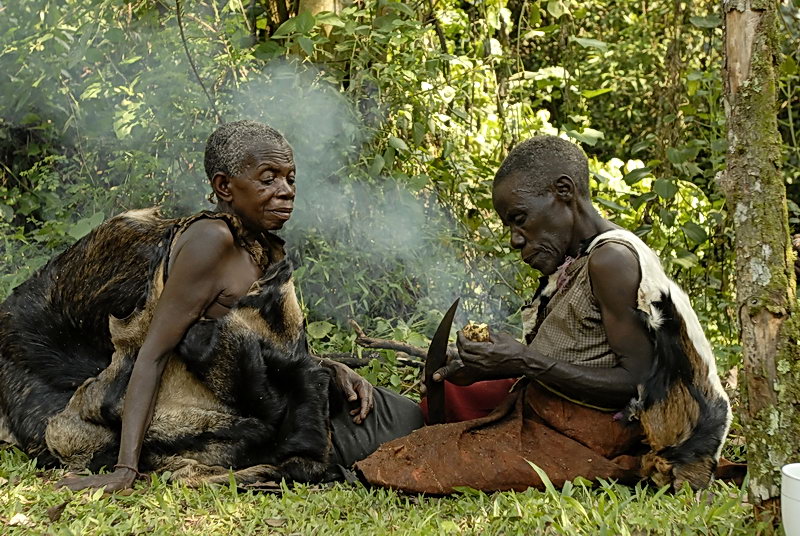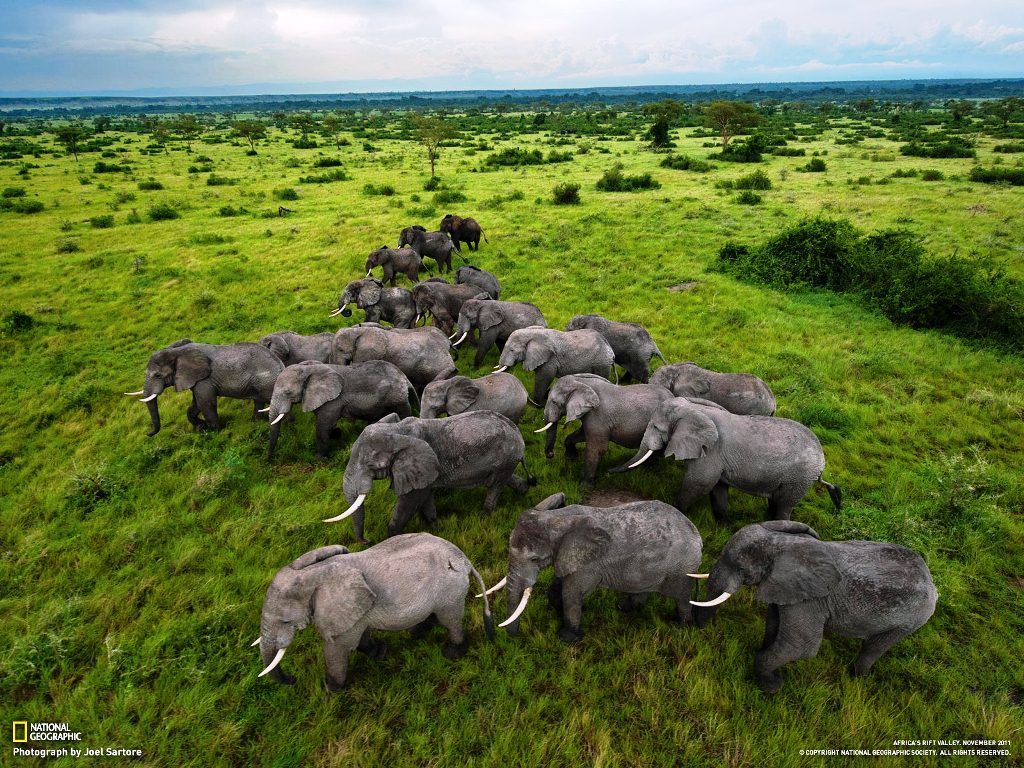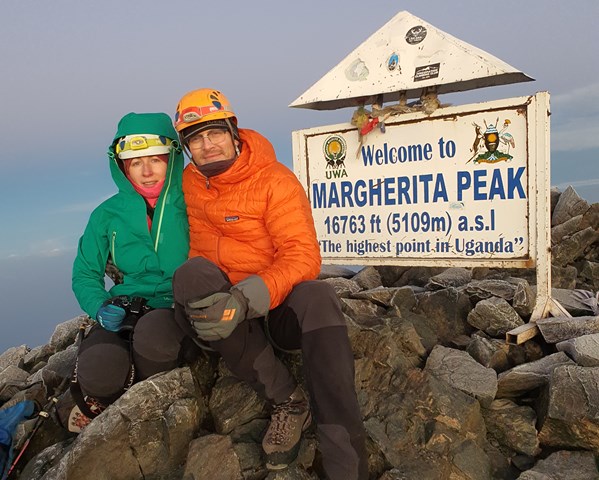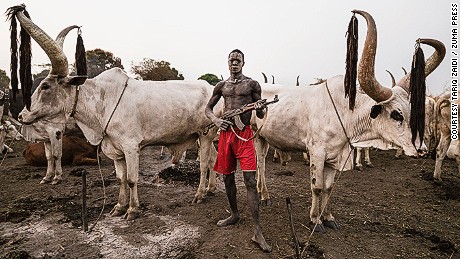The Great Lakes region of Central Africa is home to the indigenous Batwa Pygmies, who have a long and deep cultural history.
They have maintained a strong spiritual bond with nature for many years by coexisting peacefully with the tropical rainforests of Bwindi Impenetrable Forest National Park and Mgahinga Gorilla National Park.
The word ˈbä-ˌtwä with the plural Batwa or Batwas are Bantu speaking pygmy people of the Kasai region and elsewhere in Africa.
The Batwa Pygmies are one of the oldest indigenous groups in Africa, with a history traced back to thousands of years. They lived in the forests of Uganda, Rwanda, Burundi, and the Democratic Republic of the Congo, where they formed a distinctive bond with the natural realm. Hunting, gathering, and traditional dances and songs are just a few of the cultural practices that the Batwa Pygmies use to maintain their communities and create their unique identity.

The Batwa pygmy contributions to tourism sector
They have maintained their distinctive culture and way of life, which has grown to be a major draw for tourists.
They provide visitors with a fully immersed cultural experience by showcasing their traditional music, dance, and storytelling. Visitors can learn about their customary methods of gathering food and medicine as well as their in-depth understanding of the forest.
The Batwa have extensive knowledge of Uganda’s forests, particularly the Bwindi Impenetrable National Park and Mgahinga Gorilla National Park, which are home to almost 54% of the remaining endangered mountain gorilla population in the world. Many Batwa individuals have become knowledgeable guides, leading tourists on forest walks and sharing their insights about the flora, fauna, and conservation efforts.
They are extremely knowledgeable about the resources and the ecosystem of the forest.
They provide tourists with interpretive services by sharing folklore, highlighting the ecological significance of diverse flora and animals, and offering a distinctive viewpoint on environmental preservation.

The Batwa are excellent craftspeople who use materials from the forest to make traditional products. They produce intricate baskets, pottery, and carvings that tourists like to buy as gifts. The Batwa generate income and support the local economy by selling what they produce.
Some Batwa communities have built cultural villages or tourism hubs where visitors can stop by and interact with the locals. Insights into the Batwa way of life, including their homes, food preparation, and customary ceremonies, are provided by these villages. Additionally, visitors can buy handmade goods straight from the artists.
The Batwa pygmies’ participation in Uganda’s tourism industry has helped to diversify the country’s offerings while also preserving their culture, enhancing their way of life, and fostering a greater understanding and appreciation of indigenous communities among tourists.
About Guide2Uganda
Guide2Uganda (www.guide2uganda.ug) is the most comprehensive source of travel information about Uganda on the web, with more content on its cities and towns, accommodations, attractions, events, museums, and galleries than any other online guide currently available for Uganda, as well as being a dynamic travel news and events driven site with new content added on a daily basis.We are one of Uganda’s most powerful online media organizations, according to the WeFollow & Peer Index, which assesses online influence. Jumia Travel Uganda also awarded Guide2Uganda the “Best Destination Website in Uganda” at the 2018 Africa Travel Awards.
Share your travel stories & photos with the world via email: info@guide2uganda.ug



